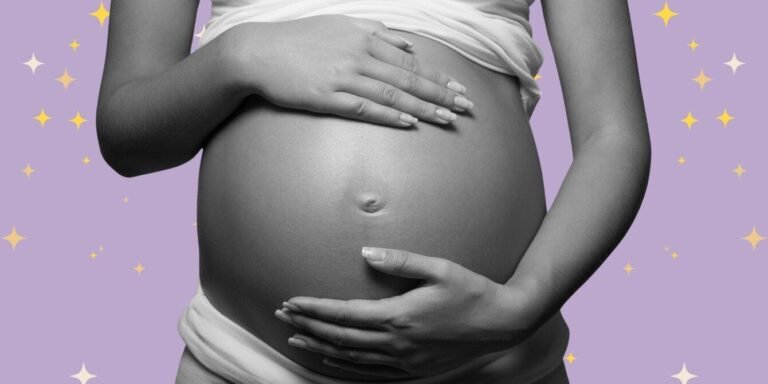As cannabis becomes more widely accepted in the US, discussions about its use are becoming more common — even among expectant mothers.
A recent study from the University of Georgia highlights a trend: among 4,338 expectant mothers, 5.7% reported marijuana use during pregnancy, often to manage symptoms such as nausea. The study noted various methods of cannabis consumption among pregnant women – smoking, edibles and tinctures.
However, the American Academy of Pediatrics (AAP) and American College of Obstetricians and Gynecologists (ACOG) advises against the use of cannabis during pregnancy, given the potential risks to the health of the fetus.
Why some pregnant women consider cannabis
Pregnancy can cause nausea, sleep problems, and anxiety—symptoms that some moms combat with cannabis. Traditional medicines are available, but they can have side effects, leading some to seek alternatives. The University of Georgia study found that most pregnant women who reported marijuana use were in the early stages of pregnancy, when symptoms such as nausea and vomiting may be at their worst.
Both ACOG and AAP claim that there is no safe level of marijuana use during pregnancy, as THC, the active compound in cannabis, crosses the placenta and can affect fetal development.
“Women should definitely be counseled that it’s not a good idea to use marijuana while pregnant,” says Dr. Seth Ammerman, a clinical professor of pediatrics at Stanford. The Los Angeles Times. “If you are breastfeeding, we would encourage you to stop or stop.”
Potential risks to the fetus from cannabis exposure
While research is ongoing, studies suggest several concerns about prenatal cannabis exposure:
Today’s cannabis is also much more potent than decades pastraising additional questions about possible long-term effects. In a clinical report, the AAP reports: “In recent years, the increase in the potency of cannabis (which includes a sixfold to sevenfold increase in tetrahydrocannabinol [THC] content), the proliferation of alternative forms of cannabis for consumption and the use of electronic vaping devices pose challenges for both public health and clinical practice.”
New findings on maternal risks
In addition to the potential effects on fetal development, recent research highlights risks to the mother’s health. A 2024 study from Kaiser Permanente found that pregnant women who used cannabis in early pregnancy had an increased risk of several conditions:
- 17% higher risk of gestational hypertension: High blood pressure during pregnancy can lead to serious complications if left unmanaged.
- 8% higher risk of pre-eclampsia: A dangerous condition characterized by high blood pressure and possible organ damage.
- 19% higher risk of placental abruption: Premature separation of the placenta from the uterus, which can cause heavy bleeding and endanger both the pregnancy and the life of the mother.
- 9% more likely to be overweight and 5% more likely to be underweight: Both extremes can increase the chance of complications and affect the baby’s development.
These findings reinforce ACOG and AAP guidelines to avoid cannabis use during pregnancy and breastfeeding. Medical organizations recommend open, non-judgmental conversations with health care providers to explore safe symptom relief options.
“Research shows that pregnant women are bombarded with inaccurate messages from social media, cannabis retailers and peers suggesting that cannabis use during pregnancy is safe.” said lead study author Kelly Young-Wolffresearcher in the Kaiser Permanente Research Division. “Our study provides timely and important data that add to the growing body of evidence showing that cannabis use during pregnancy is not safe.”
Symptom relief options that are safe for pregnancy
Pregnancy-safe alternatives for managing symptoms such as nausea include ginger, acupuncture, and certain pregnancy-approved medications. Relaxation techniques and prenatal yoga can also help, and your healthcare provider can offer personalized recommendations. For more information on navigating cannabis and motherhood, see Using Cannabis in Motherhood.
The bottom line: Even though the “cannamoms” trend is on the rise, AAP guidance continues to recommend caution during pregnancy. By staying informed and consulting with professionals, moms-to-be can make choices that support both their own health and the future well-being of their baby.
